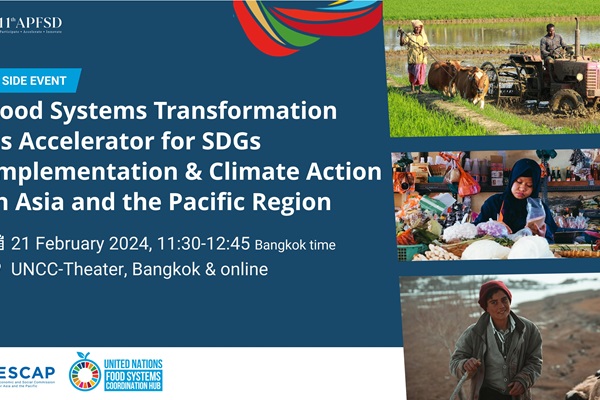SEED FUNDING JOINT PROGRAMMES
Rwanda
Resilient Food Systems: Enhanced Value Chain and Post Harvest Management





PROJECT TITLE | Resilient Food Systems: Enhanced Value Chain and Post Harvest Management |
| Context | Food systems transformation is embedded in several national policies in Rwanda, including the National Transformation Strategy, the Strategic Plan for Agriculture Transformation, the National Environment and Climate Change Policy. In 2021, Rwanda developed its National Pathway, which highlights four priority areas for the country towards 2030: ensuring food security and nutrition for all, while increasing demand for healthy diets; enhancing the environmental sustainability of food systems; improving livelihoods for farmers and all workers in food systems while building resilience to shocks; promoting inclusion of women and youth in food systems, including through enhanced financial opportunities. |
| PUNOs | FAO, WFP, IFAD |
| Contribution to SDGs | SDG 1 No Poverty; SDG 2 Zero Hunger; SDG 8 Decent Work and Economic Growth; SDG 13 Climate Action |
| Contribution to other SDG transitions | Decent Jobs and Universal Social Protection; Energy Access and Affordability |
| Duration | July 2024 – June 2025 |
| Expected financial leverage | $ 3,070,000 |
| Alignment with SG Call to Action | Policy integration; Food systems governance; Research, data, technology and innovation; Inclusive and participatory design; Private sector engagement |
| Outcomes | The JP leverages on improved post-harvest management as a strategic approach to simultaneously reduce food loss, improve incomes, and boost food availability. The JP promotes the economic integration of youth-led MSMEs and builds linkages with partners and initiatives focused on nutrition and food security to connect the dots between food production, processing and consumption. |
| Partners |
|
| Outputs |
|
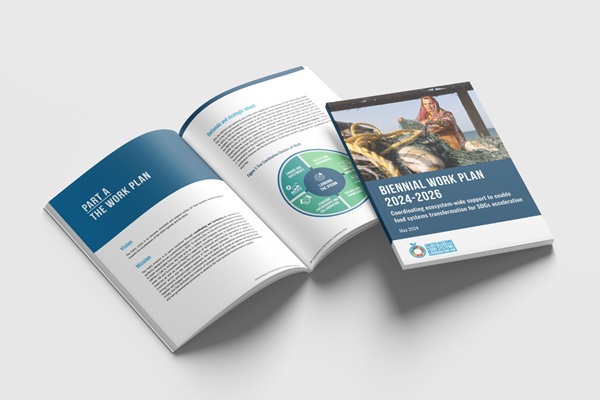
The Biennial Work Plan 2024-2026
31/05/2024
Discover the new Work Plan and see how the UN Food Systems Coordination Hub is advancing its mission to support countries in achieving sustainable food systems through five dynamic coordination clusters.
Activities cover April 2024 to March 2026 and will be strategically coordinated at both global and regional levels to move the needle toward a tipping point where transformative change is widespread across countries.
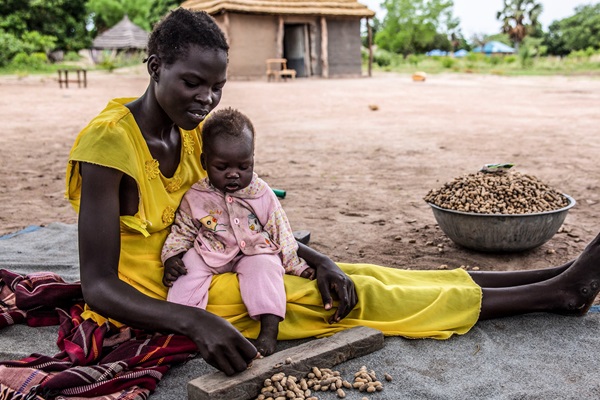
Online consultation: 2025-2030 World Health Assembly global maternal, infant and young child nutrition targets and proposal for process indicators
21/05/2024
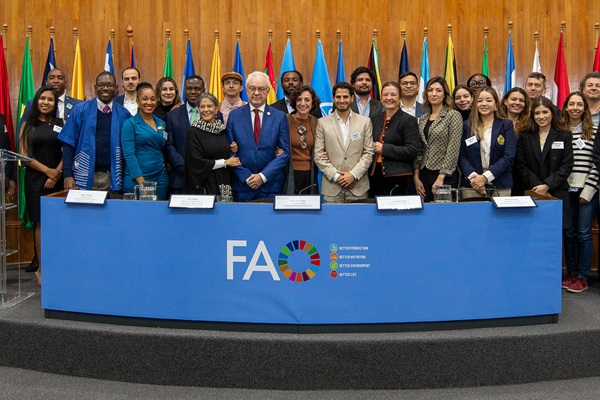
Empowering the next generation of food systems leaders in Latin America and the Caribbean
20/05/2024
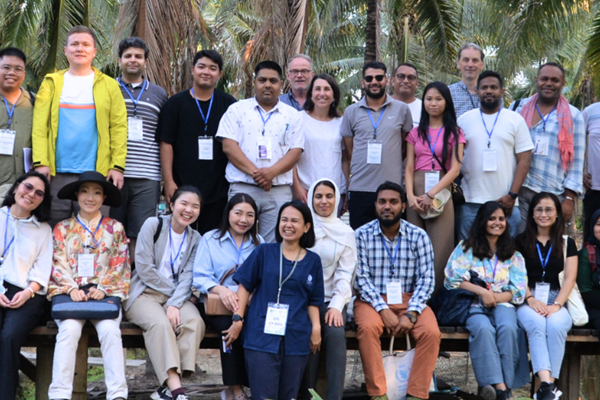
Empowering tomorrow’s food systems leaders in Asia and the Pacific
16/05/2024
In Bangkok, Thailand, the second workshop of our Food Systems Youth Leadership Program convened young leaders from across Asia and the Pacific, equipping them with the skills to transform global food systems amidst pressing environmental and socio-economic challenges.
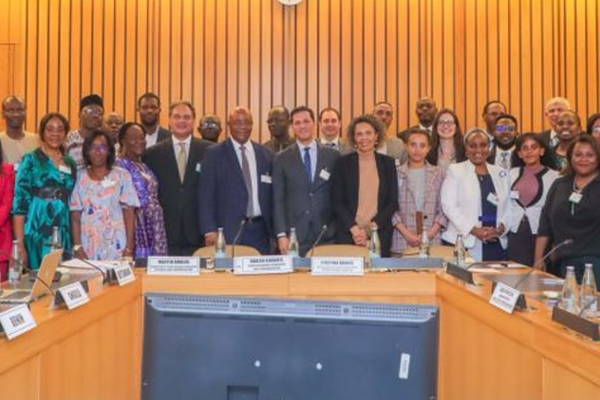
Advances in African food systems: Takeaways from the regional progress review
07/05/2024
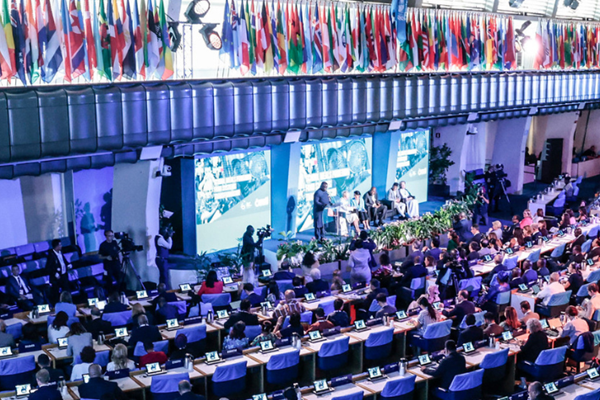
UN Secretary-General's report highlights progress in global food systems transformation
07/05/2024
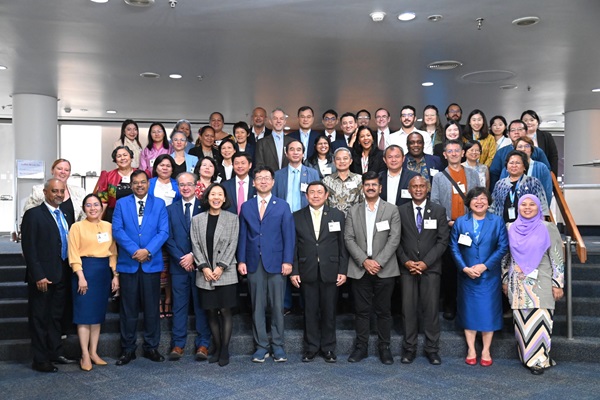
Sustainable development in action: Insights from the regional review of food systems in Asia and the Pacific
30/04/2024
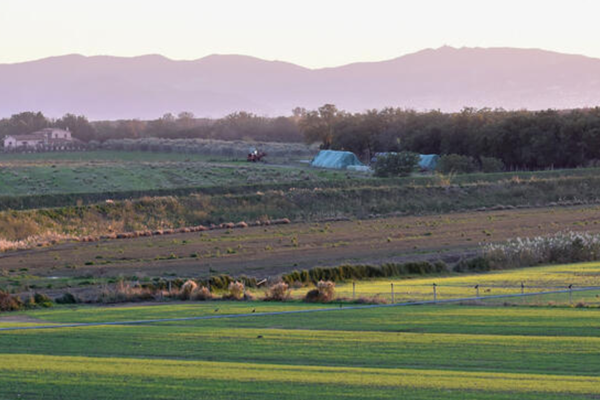
Operationalizing the Convergence Initiative
30/04/2024
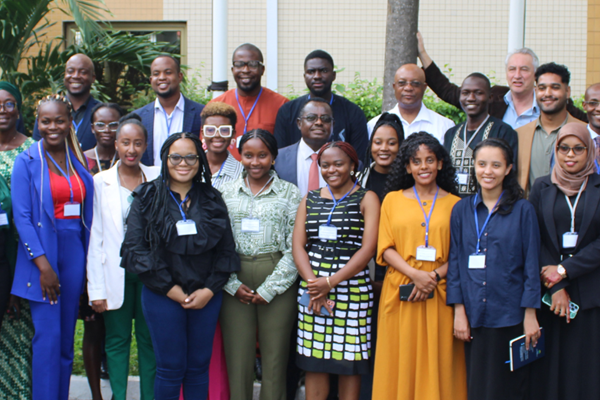
Food Systems Youth Leadership Program: Uniting young leaders across Africa
26/04/2024
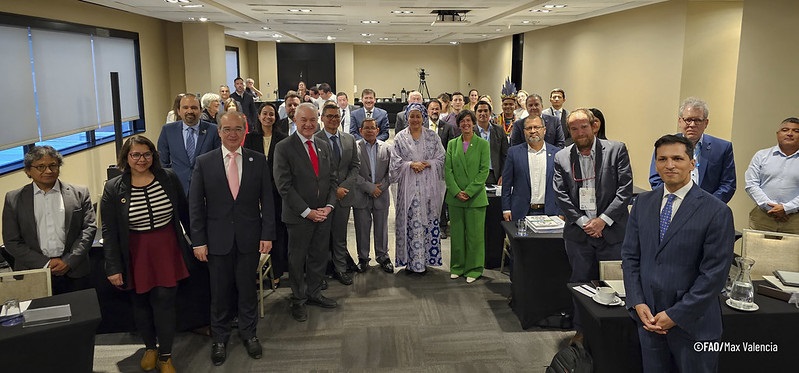
Advancing sustainable development through food systems transformation in Latin America and the Caribbean
22/04/2024
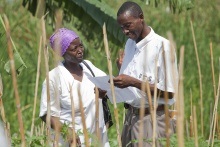
Call for input: Draft guidance on strengthening national science-policy interfaces (SPIs) for agrifood systems
17/04/2024
Open call to participate in an e-consultation on the draft "Guidance on strengthening national science-policy interfaces for agrifood systems," developed by the FAO Chief Scientist Office. Aligned with the FAO Science and Innovation Strategy, the guidance is intended to be a tool to facilitate reflection about advancing an SPI, its possible scope and mandate, and launch a learning process around SPIs. It could be considered at the country level in a process to strengthen existing, or establish new, agrifood system SPIs. Your feedback will help further elaborate and refine this draft guidance. Submit your comments by 8 May 2024.
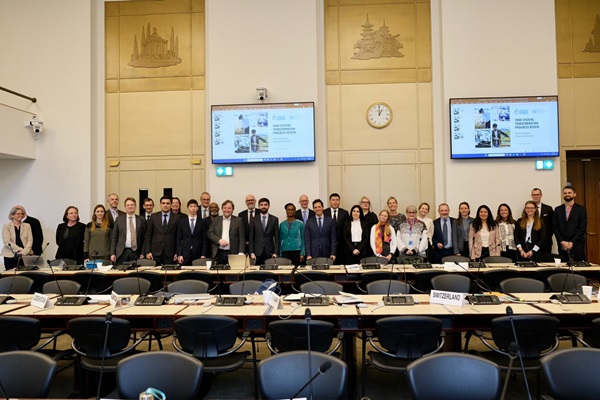
Regional insights: National Convenors review food systems transformation progress in Europe and Central Asia
11/04/2024
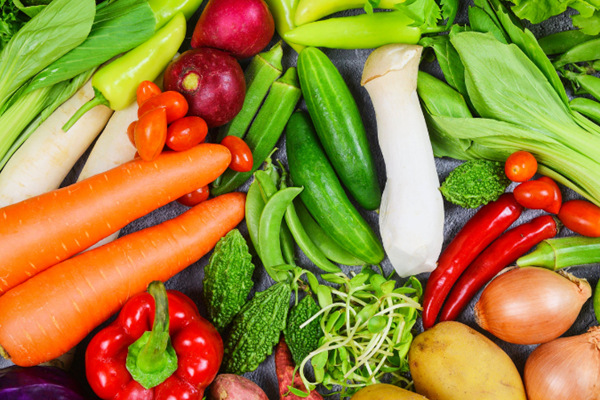
Healthy Diets In Fragile Contexts: Peer-To-Peer Learning Forum
09/04/2024
11 April, 15:00 - 16:30 CEST. Online.
Join the Peer-to-Peer Learning Forum on “Healthy Diets in Fragile Contexts,” hosted by the Coalition of Action on Healthy Diets from Sustainable Food Systems, focusing on enhancing nutritional outcomes in fragile settings. This event will unite global experts and stakeholders, present innovative research, and highlight successful country-level initiatives to foster collaboration towards stronger, nutrition-focused food systems.

Advancing food systems transformation through science: Participating in the Montpellier Process
28/03/2024
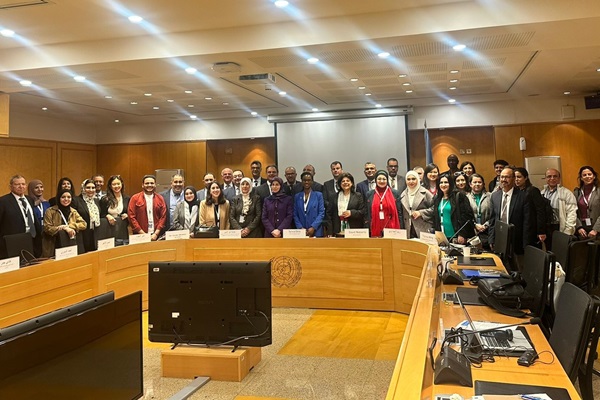
Regional insights: National Convenors review food systems transformation progress in the Arab landscape
18/03/2024

Building back better: Lebanon's path to a resilient food system
04/03/2024
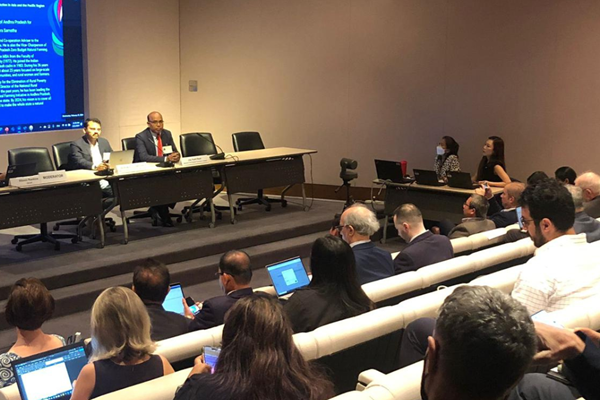
Insights on building sustainable food systems in Asia-Pacific
28/02/2024
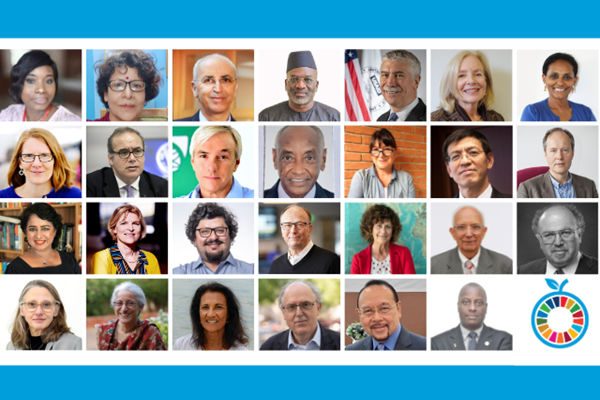
Harnessing science for global food solutions: The SAC's strategic direction
14/02/2024
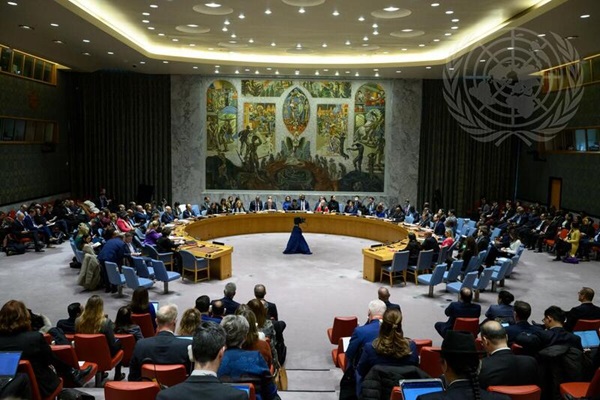
UN Secretary-General urges alignment of climate action and food systems transformation for peace and security
13/02/2024
